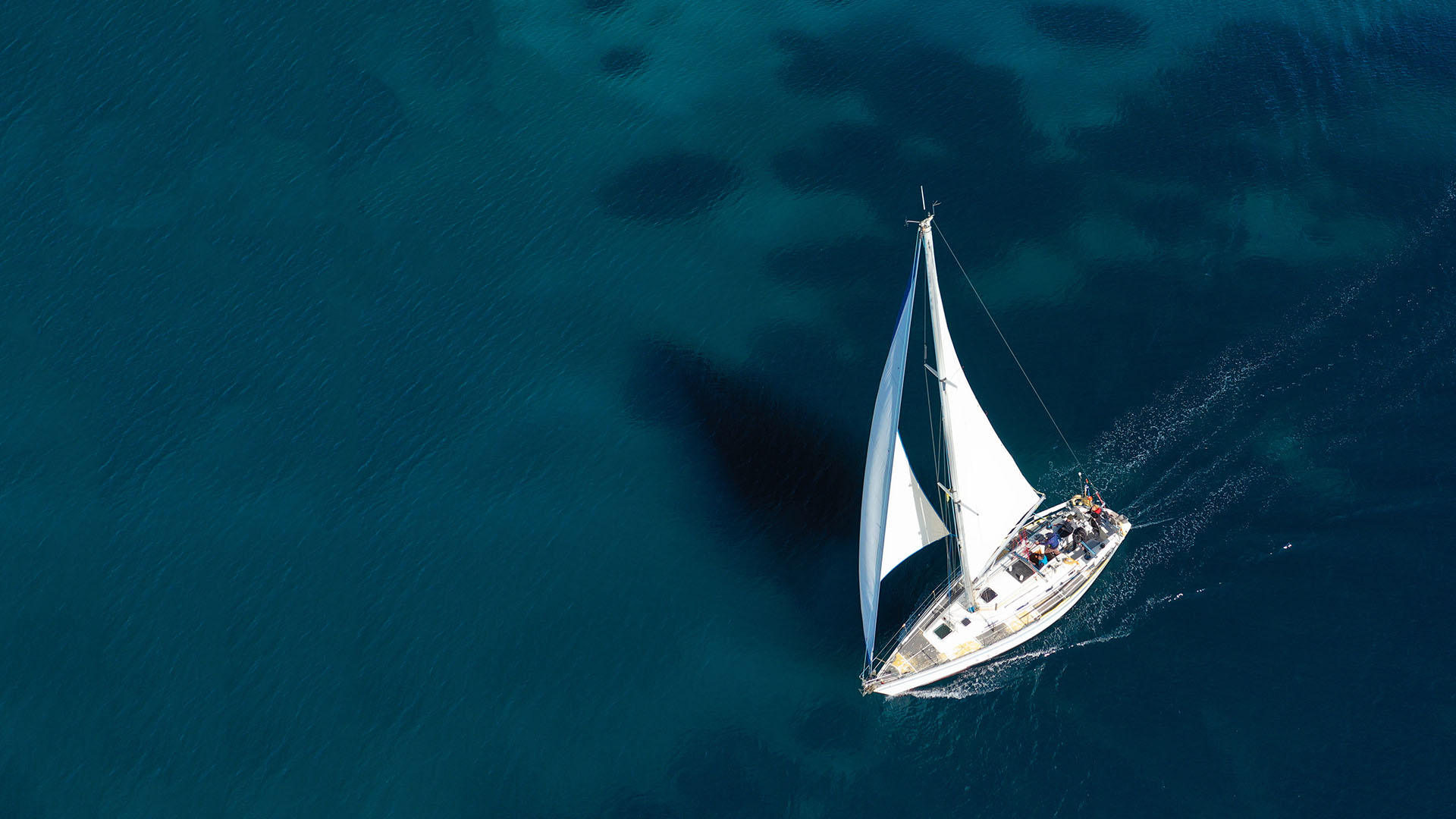
Publication
Asia M&A trends: Future outlook
Whilst global M&A rose in deal value terms in 2024, both deal values and volumes fell in most parts of Asia.


Author:
Canada | Publication | October 18, 2023
This past summer, Canada increased the statutory limits of liability of vessel owners and operators by 50% for incidents involving vessels under 300 GT operating in Canadian waters.
Claims for property damage are now limited to $750,000 and claims for personal injury or death are now limited to $1.5 million. These increases are intended to reflect the inflation that has occurred since the original limits were set more than 20 years ago. The limits are considered virtually unbreakable.1
These amendments to section 29 of Canada’s Marine Liability Act2 (MLA) were buried in Canada’s 2023 budget Bill C-47 (along with other significant changes to Canadian maritime law, which will be the subject of a separate update).
The MLA governs the civil liability of vessel owners and operators for loss of life, personal injury, damage to property (including loss or damage to cargo), and damage to the environment. Canada applies the limits of liability contained in numerous international conventions to all vessels in Canadian waters. The MLA also contains a separate statutory limit for personal injury, death or property damage that is applied to vessels under 300 GT. It applies such limits to all vessels (including pleasure vessels), operating in Canadian waters, which include Canada’s many navigable lakes and rivers.
Prior to these increases, most pleasure craft owners were adequately insured with liability policies of $2 million to cover a serious casualty involving both property damage and personal injury or death. Given that these increased limits now total $2.25 million (plus interest), owners of pleasure craft under 300 GT should have at least $2.5 million, if not $3 million in liability insurance coverage if they want to have enough insurance to respond to claims up to the relevant limits and those that are not subject to limitation.3
The above liability limits do not include interest or, in many cases, recoverable legal costs, which may be payable to a claimant.
More importantly, claims for wreck removal of a vessel are not subject to limitation. While commercial vessel salvage efforts can be complex and costly and readily run $1 million, the costs to recover a sunken pleasure craft under 300 GT will only rarely exceed more than several hundred thousand dollars.
It is worth noting that the MLA incorporates a separate set of liability limits for commercial vessels carrying passengers provided that the Athens Convention4 applies.
The vast majority of Canadian vessels, excluding barges, are under 300 GT. However, in addition to barges, newer and larger ship docking and offshore tugs now commonly exceed 300 GT.
The increase in the limits of liability for vessel owners and operators underscores the importance of vessel owners reviewing their insurance needs with their insurance brokers.
The authors wish to thank Kris Jun, articled student, for his help in preparing this legal update.

Publication
Whilst global M&A rose in deal value terms in 2024, both deal values and volumes fell in most parts of Asia.
Subscribe and stay up to date with the latest legal news, information and events . . .
© Norton Rose Fulbright LLP 2025